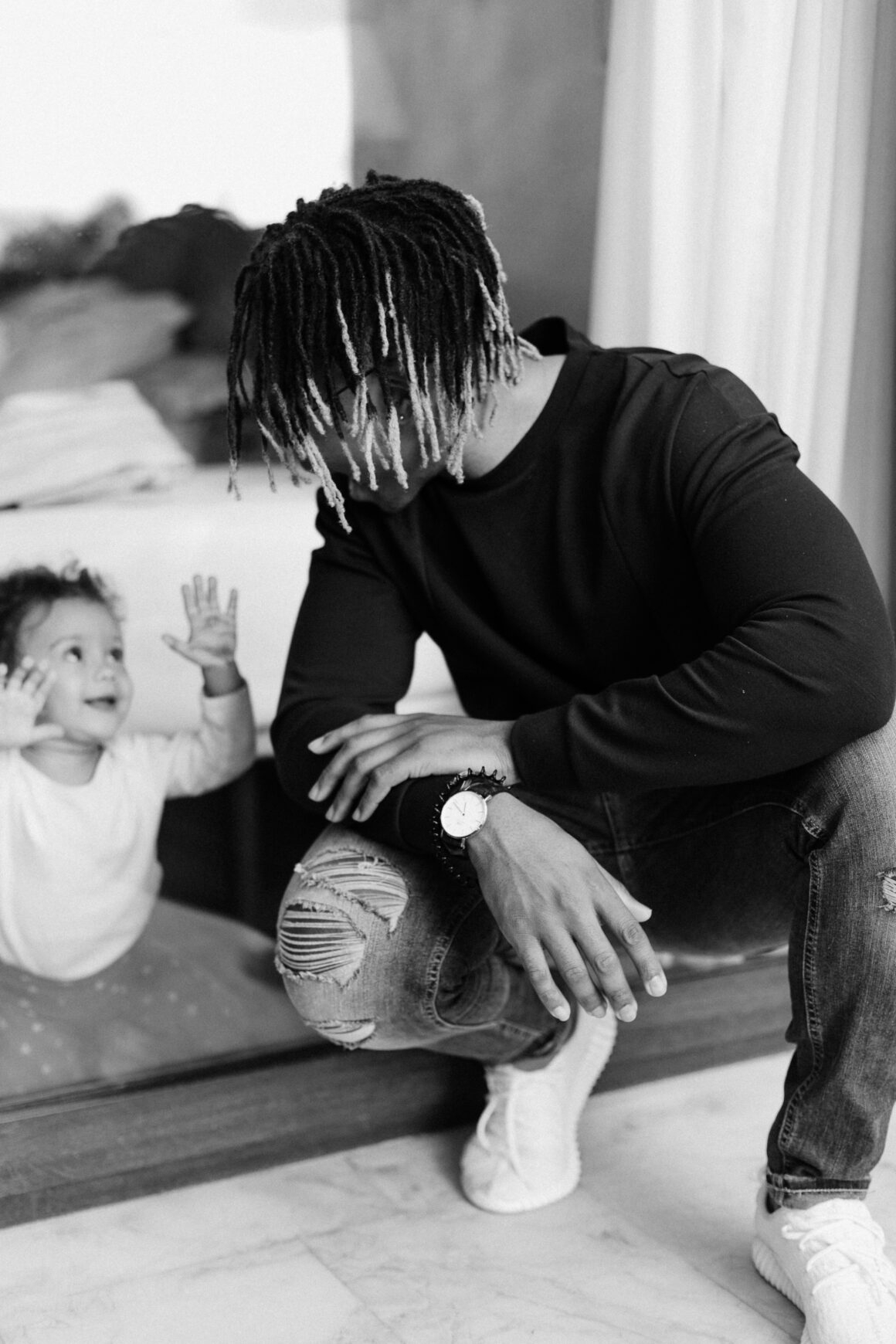I suppose, to understand the concept of Daddy Issues we should head back to where it might have begun. But before we go there, let’s establish what is actually classified as DI. The symptoms, there be plenty of them, but what of the actual condition? In my opinion, Daddy Issues are a result of a parent-child bond that has been violated in one way or another. Whether through actual emotional, economic or physical abuse, absenteeism, neglect, abandonment, etc. I say ‘bond’ because regardless of your relationship with your father, genetically, you still carry their essence. Physical features, mannerisms, personality, that weird laugh, that one dimple. We are never really detached. We carry him with us, somehow. Whether we love it or hate.
Let me tell you about Mandla…
Mandla was a young man in his early 20’s who lived in a generic rural area from some generic province in the country. It’s circa 1950’s and Apartheid is fresh out the box in puss oozing bubble wrap. Mandla spends his days tending to his father’s livestock. Mandla got a thing for Mpho. He’s been steadily building up his cow account to ask for her hand. Meanwhile, South Africa is becoming industrialized. The mining industry got it popping quarts. The sustenance farming that Mandla and his family rely on does not make ends meet. So, like thousands of young men like him, Mandla has to make the great trek to some city to go find work. Before he leaves, during yellow-boned sunset, he tells Mpho about eternal love, unbreakable promises, some other stuff then, he hits it raw.
So off he goes. He meets some dude called Jimmy and they both arrive in the golden city and begins to rape the earth deep inside to feed the whims of the pale faces. What many men went through during this time was a systematic dehumanizing of anything that did not bare a pale skin. Where Mandla is from, a man and his masculinity are a revered pillar of society. Respect a birthright born of possessing a pair. Here in the city though, he has to stand aside, take off his symbolic hat, while some blond blue-eyed 10years old trounces past him on the pavement. Everything Mandla understands about manhood isn’t worth the scrapbook that is his identity as, well, a nothing.
It’s another festive weekend in Mandla’s hostel. Music, singing and traditional dances thump the dirt. Men from all sorts of backgrounds display the energetic prowess of their respective tribes and cultures. Mandla, he’s on his bed, one hand under the pillow, crunching up a letter from Mpho about the baby being healthy. He snaps out of his thoughts about it as Dikeledi digs her fingers into his back during an intoxicating nut bust. Weekend Special. One sperm on the podium. Congratulations. During those times, men spent many months, some years, without seeing their wives. Many women in the cities, who also needed to make ends meet, saw economic benefits in these conjugal arrangements. They all needed each other, I guess.
Eventually, Mandla’s visit to the rural areas, to see Mpho and his young son Thabo, become increasingly scarce. But he still sends money though. Dikeledi is just drama, that little boy is probably not even his. Age catches up with Mandla and he marries Thembela. He sires two youngens with her, one a boy. At that point, Mandla comes to a heavy realization, he has no idea how to be a father. His father was a farmer who never left the village. Many of the teachings his father taught him are useless in the city and township. The system robbed him of any kind of pride he had in himself as a man. Like many men in his time, he takes to the bottle like Michael Phelps. He’s got nothing but his raw masculinity and brute strength to define himself as a man to those he could exercise such on, his family, his community. So after a swim in the bottle, Mike Tyson comes out swinging at wife and child alike.
Mandla has 3 sons. Thabo was raised by his stern grandfather until he finished school and went to university. Daniel grows up around numerous ‘uncles’ his mother brought to the house. Sphiwe is raised by his hard-working mother and loving grandmother as his father, Mandla, drowns in Sars hops. They are all in their late twenties now. 3 men, one father. 3 different experiences of fatherhood. All of them soon to be fathers.
These are generalized stereotypes of a very real past. This is only of part of a whole mess of reasons why the Institute of fatherhood began to breakdown.
This is how things should be. The ideal way, the right way. Then, there’s how things are. Real. Ideally, these 3 brothers, will realize the folly of their father’s way and raise their kids the right way. But, that’s not what going to happen, is it?
Anger, bitterness, frustration, light the fuse…[tbc]
Writer: Vus Ngxande
Photographer: Khumbelo Makungo


